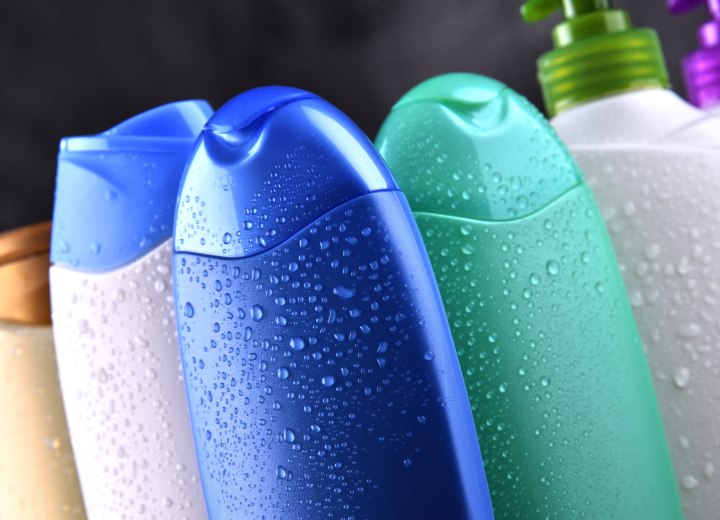Shampoos & Scalp Allergy

A: First and foremost, any allergic reaction - even if it’s only suspected - should be evaluated by a doctor. As a hairdresser, I want to emphasize that I am neither licensed nor qualified to diagnose medical conditions or recommend treatments for allergies or other health-related issues. Allergic reactions fall under the category of medical conditions, so it’s important to consult a doctor for proper guidance.
Since you’ve noticed that avoiding shampoo reduces your symptoms, you might consider adjusting your hair-washing routine. If conditioner alone doesn’t trigger irritation, you should know that many modern conditioners have sufficient cleansing properties to remove light buildup and daily oils without the need for frequent shampooing. In fact, conditioning the hair daily - whether or not you wash it - can help maintain moisture balance and reduce scalp dryness, which may contribute to itching.
Finally, I strongly encourage you to discuss this issue with your doctor or a dermatologist. Allergens present in shampoos - such as certain preservatives, fragrances, or surfactants - can also appear in other personal care products like body washes, lotions, and even laundry detergents. Identifying your specific trigger(s) through patch testing can help you avoid problematic ingredients in the future, preventing further discomfort.
If over-the-counter hypoallergenic shampoos don’t provide relief, your doctor may recommend medicated shampoos with ingredients like zinc pyrithione, ketoconazole, or selenium sulfide, which can address inflammation and microbial imbalances that sometimes mimic allergy symptoms. Always prioritize professional medical advice when dealing with persistent scalp issues.
©Hairfinder.com
See also:
Scalp problems
Pimples near the scalp, caused by shampoo and hair shine
Hair color allergies